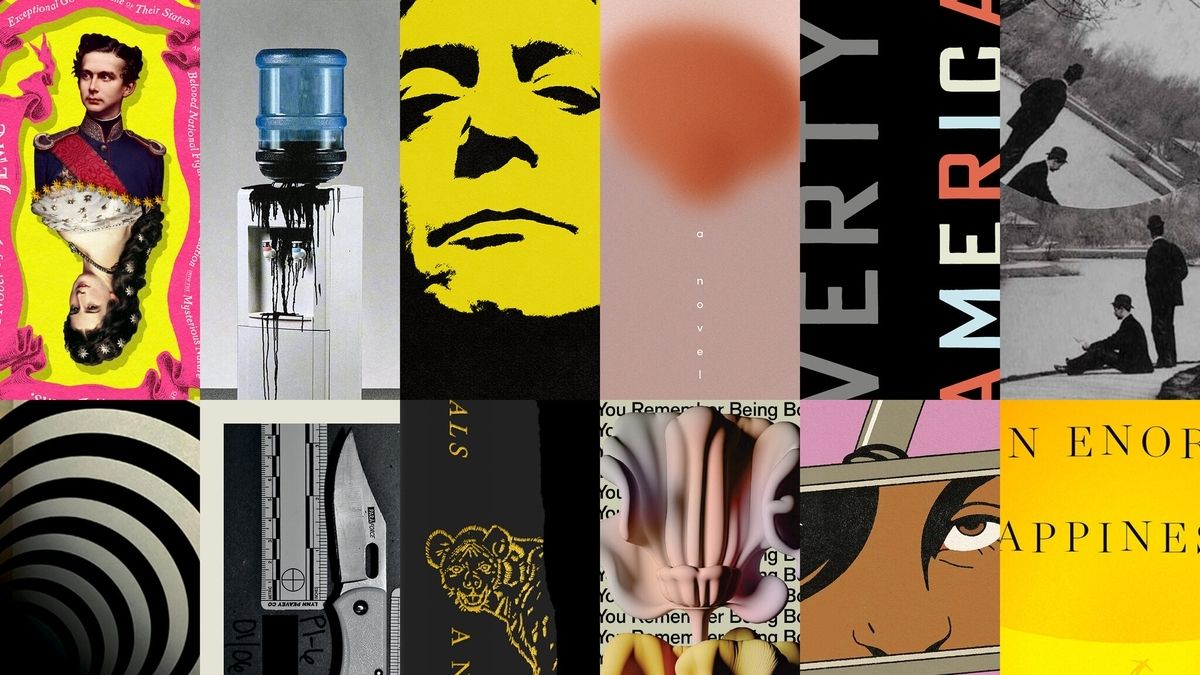
Globally acclaimed professor of African history, Toyin Falola, recently chaired a panel discussion featuring leading African writers and scholars, focusing on the remarkable literary contributions made in 2023 across various genres such as poetry, drama, prose narrative, and children’s literature. The event, part of the Toyin Falola Interview Series, highlighted the theme “2023 Outstanding African Creative Books Written in English.” Esteemed panelists included Rehema Ndumbaro, Bill Ndi, Nthabiseng JahRose, Abubakar Adam Ibrahim, and Fadwa Ashraf, with an opening address by the Secretary General of the Pan African Writers Association (PAWA), Dr. Wale Okediran, who lauded Professor Falola’s dedication to African literature.
Spotlight on 2023’s Distinguished African Literary Works
During the panel, Abubakar Adam Ibrahim praised “The River Spirit,” a historical novel set in late 1880s Sudan, for its vivid storytelling and portrayal of a nation in transition. Another highlight was Kalaf Epalanga’s “Whites Can Dance Too,” which explores themes of music, identity, and immigration through the experiences of an Angolan DJ. Chika Unigwe’s “The Middle Daughter” was also discussed, a novel that delves into themes of vulnerability, abuse, and the subjugation of women, serving as both a societal critique and a metaphor for Africa’s sociopolitical landscape.
Breaking Stereotypes: Beyond Sociopolitical Themes
The panel addressed the common misconception that African literature primarily focuses on sociopolitical issues, emphasizing the diversity and richness of the continent’s literary output. The discussed works, while touching on important themes, showcase the versatility of African writers and their ability to transcend traditional boundaries. The conversation sought to challenge and expand the global understanding of African literature beyond mere sociopolitical critique.
Embracing Complexity and Simplicity in African Poetry
Bill Ndi highlighted the work of Sue Nyamnjoh, particularly her poetry, for its ability to convey profound themes through simple yet impactful language. The discussion also touched on the work of Moshumee T Dewoo, whose poems explore themes of hybridization, freedom, and identity. These examples underscored the panel’s argument that African literature is not monolithic but rather a vibrant and diverse tapestry of narratives that deserve global recognition.
As the panel discussion concluded, it was evident that the celebration of 2023’s outstanding African creative books was more than just an acknowledgment of individual achievements. It was a powerful statement on the evolving narrative of African literature, one that embraces complexity, challenges stereotypes, and continues to enrich the global literary landscape. The discussed works and authors not only highlight the dynamic nature of African storytelling but also invite readers worldwide to explore the depth and breadth of the continent’s literary heritage.
